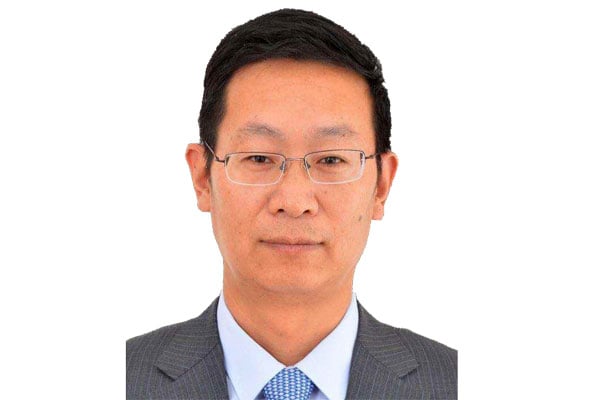Prime
Of leaders who run the country like their household

Author, Benjamin Rukwengye. PHOTO/FILE.
What you need to know:
- Let everyone jostle for the boss’ attention instead of doing what they are supposed to do. Accuse and punish people en masse, sometimes without cause...
Mny years ago, when I was still a university student, I was flirting with a girl – let’s call her Sandra – whose father is a high-ranking military officer in the Uganda People’s Defense Forces. I remember her warning that whatever we intended to go on between us could only happen while we were at school. Basically, we could hang out all we wanted during the semester but I wasn’t to contact or expect to see her during the holidays.
It obviously was a ludicrous proposal, so I sought an explanation. In response, she told me an interesting story about her father. Apparently, the man was a no-nonsense disciplinarian and ran his home under martial law – which, apparently, is not uncommon for soldier types. The children had a routine that was to be followed out of fear – not respected – so much that nobody had dared fall out of line for fear of finding out what would happen thereafter.
They had seen enough from the wrath meted on his guards and workers, for them to not push their luck – even if he was their immediate relative.
Each of them was assigned daily tasks with an hourly reporting plan. Those with phones would get checked without prior notice so they needed to remember to delete any risky texts. Nobody was allowed out of the gate so if you needed to buy a gin or airtime, you would pretend to be taking out the rubbish then sprint to the shop and back in time for your absence to make sense.
When he left, he didn’t say when or if he would be gone for an hour, half a day, a week; to office, the farm or the bar. Ergo, nobody strayed because it wasn’t clear how much time you had or who of your siblings would tell on you in exchange for a favor. Everyone had learnt to scamper to whatever chore made them look busy, the moment they heard his car approaching because nobody dared to be found idling or resting.
Only one sibling – the lastborn – got away with since she was his favorite. If they needed to stretch the rules, it is her they fronted. Sometimes, if she didn’t get her way with the siblings, she would make up stories about them and report to the father.
I was amazed but also puzzled by all this command-and-control thing because you couldn’t tell by just looking at Sandy. She was in a hostel, often hang out on Lumumba Avenue and certainly mingled with some abandon.
But this is a little over 10 years ago, before I had enough grey matter to connect dots and make sense of things. Well, until I read a story in this same paper, analyzing the evolution of the terror group, the Allied Democratic Forces (ADF), which now goes by an even more ambiguous name – the Islamic State Central Africa Province. The group is apparently running terrorist within Uganda, which are responsible for the recent bomb attacks, the first one at a bar in Komamboga, in Kampala, and another on a bus heading to Ishaka, in Western Uganda.
It is a superbly written story with lots of insights to pick from, including this, “Ugandan security and intelligence agencies are fighting for supremacy, each seeking to overshadow the other and taking the shine for successful counter-terrorism operations…as a result, credible intelligence prepared for the President is either skewed or falsified to present the pre-eminence of domestic political threats, which some top spies dangle to catch his attention and, with it, cash flows for muffling the contrived threat.”
The reason that particular paragraph stood out for me is because it reminded me of that Sandra and her double life.
Her father was basically lifting the blueprint on how the country is run and replicating it at home. Lockdown but don’t lock down. Enforce the law for some and sometimes while it goes on for others in some way.
Let everyone jostle for the boss’ attention instead of doing what they are supposed to do. Accuse and punish people en masse, sometimes without cause and other times based on fabrications. Basically, do enough to look busy but not solve the problem.
Even I could have told Sandra’s dad for free, that his methods were never going to get him the results he wanted, but I wasn’t about to get picked by a ‘Kabangali’. Ergo, let’s not make any allusions about Uganda.
Mr Rukwengye is the founder, Boundless Minds. @Rukwengye




